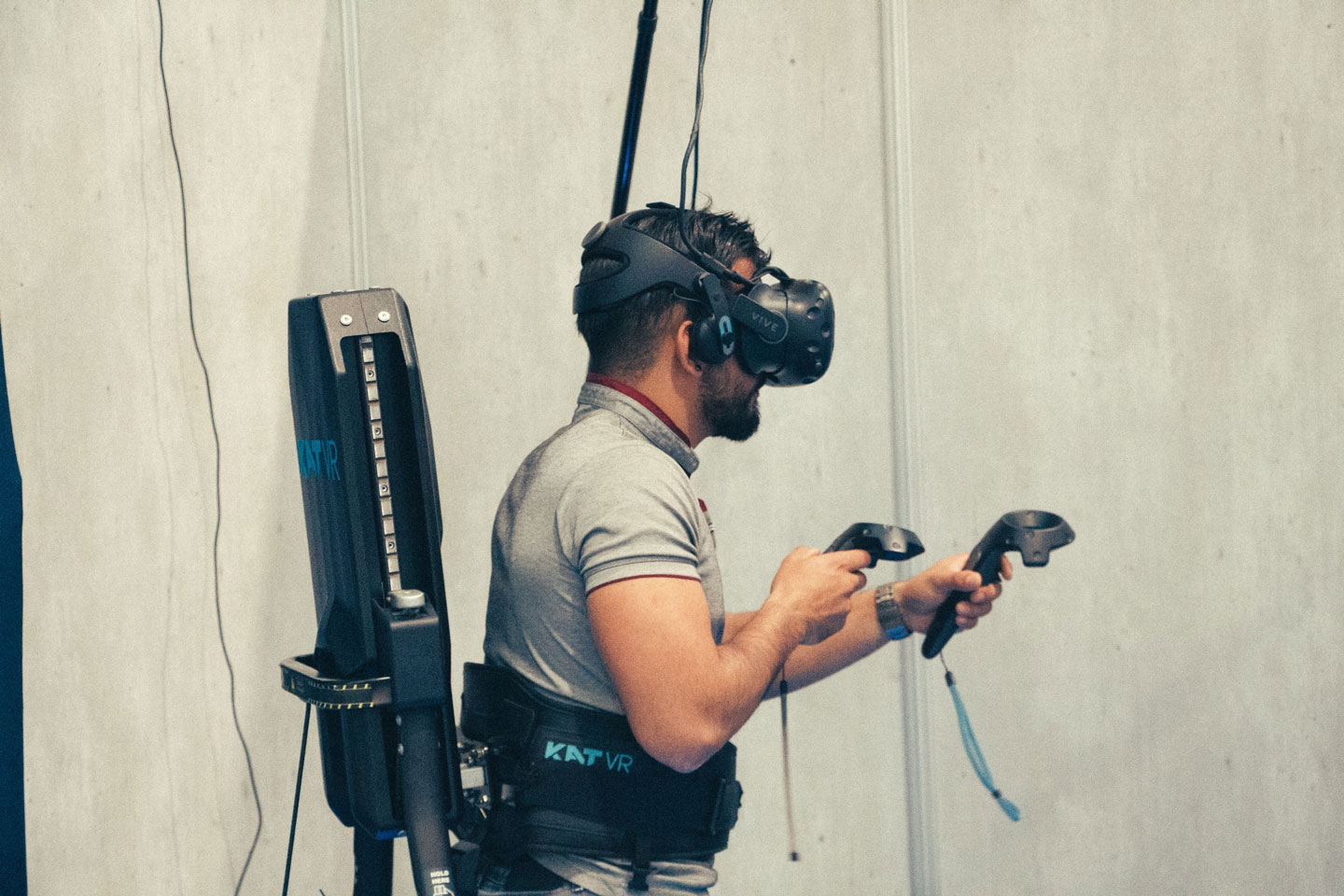As we look back at the last three years of China’s ever-evolving and innovative fashion scene, we are struck by the incredible shift in the talent we see and the adaptations and innovations this industry is consistently creating. Any fashionista will tell you that the progression of the fashion system in the Land of the Dragon, and its multi-layered deployment, has certainly grabbed the world’s attention. Whether you are sitting front row or deeply immersed in the virtual worlds that have become melting pots of world-class talent and innovation, you will notice that the Chinese fashion ecosystem has surpassed most of the world’s fashion capitals in many respects, giving this fashion circuit an upward growth trend that is catapulting local brands onto the world’s competitive stage.
2021 was dubbed the “First Year of Metaverse” in China. Since its inclusion, China has, in many regards, pressed ahead with integrating the virtual worlds into the country’s digital economy. Local authorities, including those in Shanghai, Shenzhen, Hangzhou, Chengdu, Wuhan and Hefei, have included the metaverse as one of the focal points in this year’s government work reports.
Looking closely at some key players in this fashion revolution, Anina from 360Fashion Network is one of China’s forerunners in gamification and creating 3D avatars and virtual 3D fashion development. The company is a perfect example of local and international fashion professionals working together to enhance and improve the integration of in-person fashion shows crossing paths with the digital 3D fashion needs of brands across China and beyond, resulting in an all-encompassing and alluring product offering to fashion designers and multi-brands alike.

The most crucial focus that primes China to be the right place for the metaverse to take off is that the Chinese people themselves are incredibly used to adapting to new technologies and do so at breathtaking speeds. Everybody in China uses their smartphones in almost every part of their daily lives, be it making payments, health code verifications, travelling, planning their daily routines and, most evidently, joining the massive gaming culture that has players glued to their mobile devices and laptops. When we take a closer look at the rapid expansion of fashion into the gaming industry, China has been leading the way forward in selling products within the gaming sector, which has seen international brands jumping into the pool of opportunities that this massive sector has to offer.

No more need for those time-consuming fitting sessions or photo shoots with real models? With the introduction of digital avatars, apparel companies can now showcase and validate 3D garment designs much faster. Actually, avatars can be used at all stages of a collection’s development, from the early stages of a designer’s sketches to garment production, wholesale, merchandising and e-commerce. Digital avatars are used to sell fashion brands’ collections and are now becoming fashion brand ambassadors, allowing for a much larger penetration into the 3D world of fashion. Owning your avatar has many positive attributes, the most prevalent being one of less consumption as consumers can interact, try on and purchase their desired fashion items with less impact on the environment from a multitude of touch points.
China is now set to be the leader in the metaverse also because of this country’s highly advanced telecommunications infrastructure and expanding ease of access to high-speed WIFI. Here, fashion designers are exploring digital wardrobes and immersing their designs in 3D worlds to showcase their collections while gathering valuable insights into what the consumer is thinking and responding to them in real time.

Furthermore, extreme digitalisation in new retail stores allows users to virtually try on clothes, fill a virtual cart which will then be delivered to their home or pay via facial recognition without going to a checkout counter. This advancement in the fashion system is revolutionising how fashion brands sell and connect to consumers with an uninterrupted omni-experience.
A great example of how the fashion industry is pivoting towards new technologies was Alibaba’s annual mega-sales day, known as Singles Day, back in 2018. Four years had passed, and already the company had introduced a “New Retail” strategy, further connecting online and offline shopping to accelerate the digital transformation of the offline. The annual event was celebrating its 10th anniversary, so the e-commerce giant partnered with fashion brands to launch a series of pop-up stores allowing customers to interact with virtual mirrors using AR, AI, and vending machines. The masterfully used mirrors and smart speakers could initially be linked to one’s shopping account on retailer websites such as Tmall and Taobao. That technology allowed consumers to see themselves “wearing” the desired garments without trying them on.
Virtual try-ons have become increasingly crucial since the Covid-19 pandemic brought the global retail sector to a grinding halt. This led cosmetics brands to reinvent themselves by finding alternatives to testers in stores. For makeup, they decided to create QR codes and AI to try the lipstick shades in a digitally created environment.

Moreover, as we look forward to China’s fashion scene expanding its reach, we would be quite blind if we didn’t recognise the shift in how Chinese fashion brands are paying attention to gender-based fashion issues and how relevant it is for any brand to be fluid and sensitive to this aspect in an era when everyone should be who they want to be. Fashion has no boundaries; it has no legions, and it is for everyone!
The future of China’s fashion in the digital age is bright, and we must take a front-row seat to enjoy and participate in the fashion evolution that is taking China and the world’s fashion community by storm.

